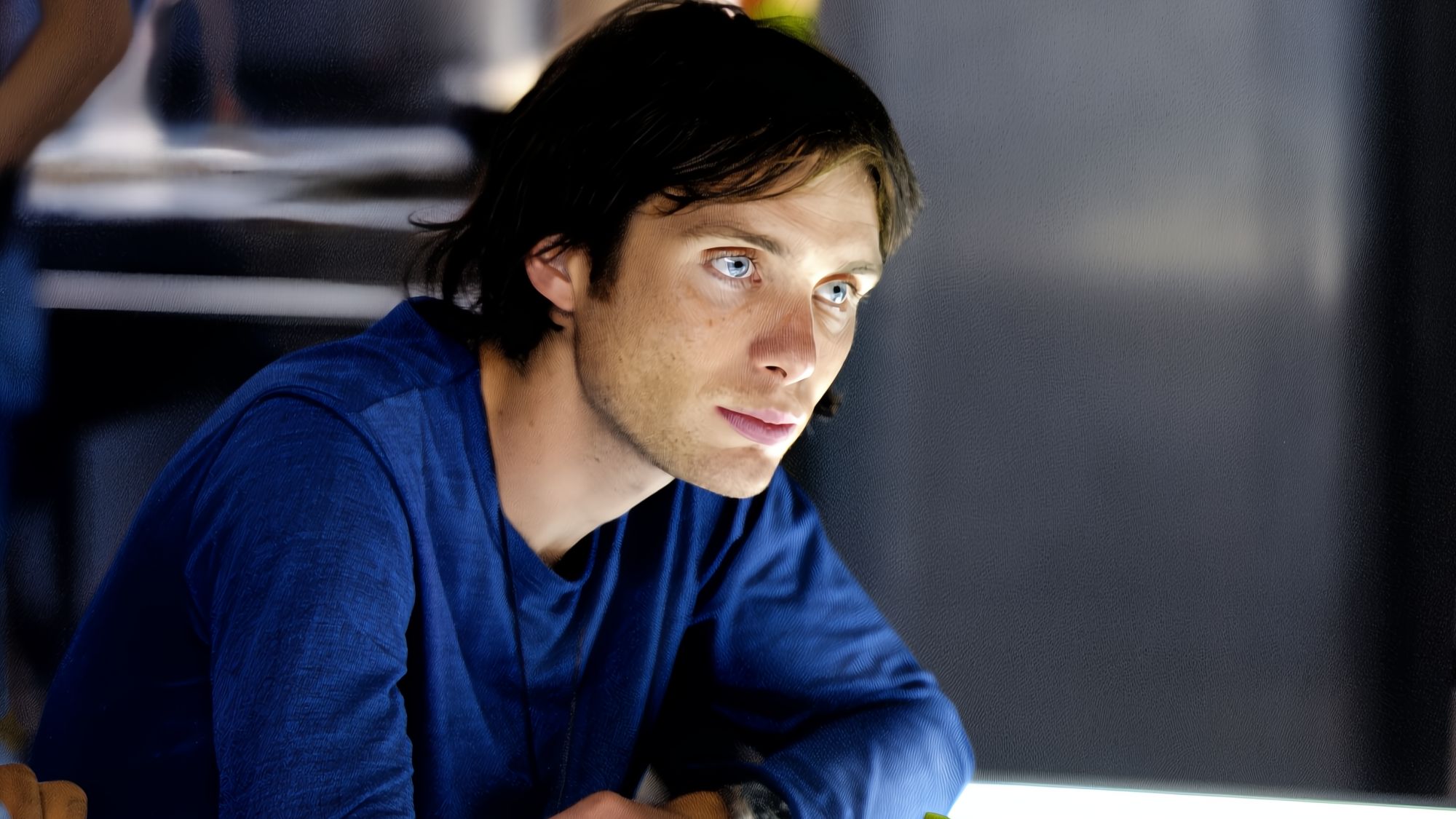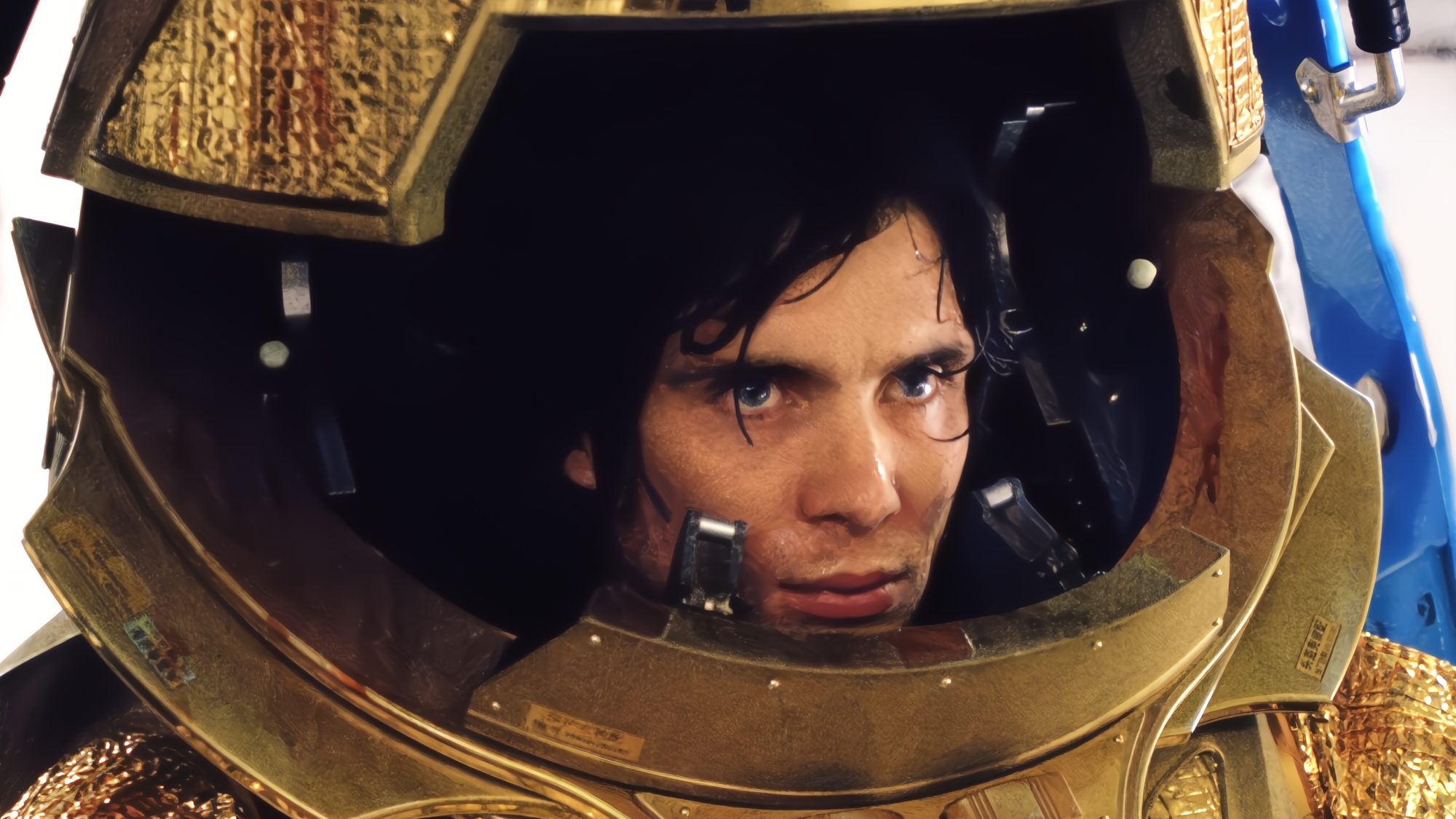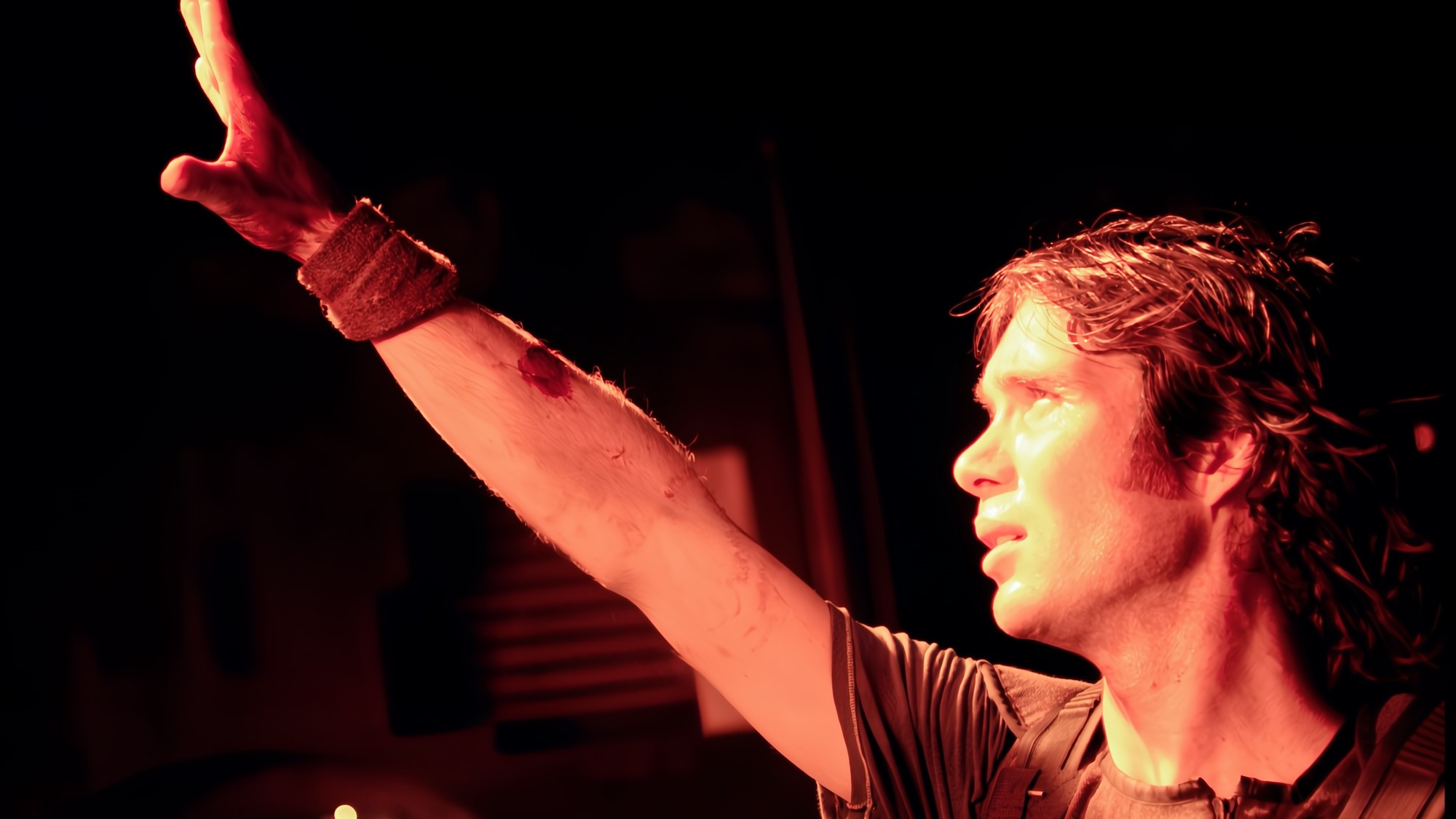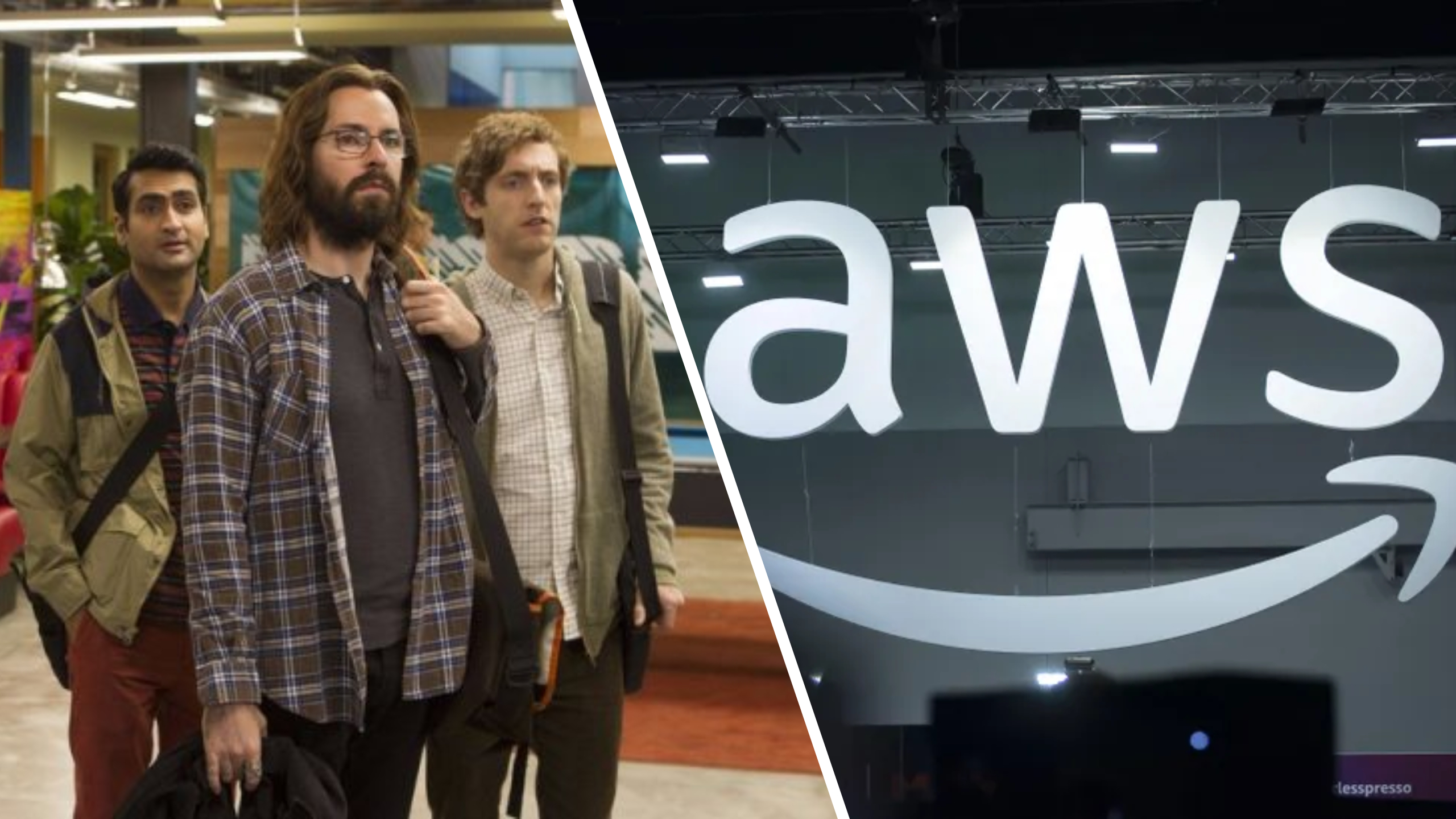If you’re hyped for ‘28 Years Later,’ you should watch this sci-fi thriller from the same team — it's streaming on Hulu

Here at Tom’s Guide our expert editors are committed to bringing you the best news, reviews and guides to help you stay informed and ahead of the curve!
You are now subscribed
Your newsletter sign-up was successful
Want to add more newsletters?

Daily (Mon-Sun)
Tom's Guide Daily
Sign up to get the latest updates on all of your favorite content! From cutting-edge tech news and the hottest streaming buzz to unbeatable deals on the best products and in-depth reviews, we’ve got you covered.

Weekly on Thursday
Tom's AI Guide
Be AI savvy with your weekly newsletter summing up all the biggest AI news you need to know. Plus, analysis from our AI editor and tips on how to use the latest AI tools!

Weekly on Friday
Tom's iGuide
Unlock the vast world of Apple news straight to your inbox. With coverage on everything from exciting product launches to essential software updates, this is your go-to source for the latest updates on all the best Apple content.

Weekly on Monday
Tom's Streaming Guide
Our weekly newsletter is expertly crafted to immerse you in the world of streaming. Stay updated on the latest releases and our top recommendations across your favorite streaming platforms.
Join the club
Get full access to premium articles, exclusive features and a growing list of member rewards.
With all the recent attention on their reunion for “28 Years Later,” it would be easy to forget that director Danny Boyle and screenwriter Alex Garland have worked together on more than just the popular zombie franchise that began with 2002’s “28 Days Later.”
Their second collaboration was overshadowed by the movie they chose not to make, but 2007’s “Sunshine” is a highlight of both filmmakers’ careers. Now that it’s streaming on Hulu, fans of the “28” movies can check out another dark, uncompromising sci-fi thriller from Boyle and Garland.
In deciding to forgo the zombie sequel “28 Weeks Later” (which was instead directed and co-written by Juan Carlos Fresnadillo), Boyle and Garland indicated their interest in looking forward, and “Sunshine” explores heavy themes about human existence within the framework of an exciting, futuristic space adventure. Like “28 Years Later,” it takes some bold swings in its final act, but it’s a more cohesive piece of storytelling that comes to a grim yet strangely uplifting finale.
I’d put “Sunshine” on the same level as Garland’s solo writing and directing efforts “Ex Machina” and “Annihilation” as a mind-bending sci-fi story, and it deserves just as much praise and attention as those popular, acclaimed films.
‘Sunshine’ follows a classic sci-fi structure
“Sunshine” joins a long tradition of movies about space madness, in which characters trapped together on long-haul deep space missions slowly lose their minds, sometimes because they’re tormented by outside forces, and sometimes just because they can’t handle the pressure and isolation.
The crew of the Icarus II could be transplanted to a movie like “Alien” or “Event Horizon” and fit seamlessly into those similar stories, in which astronauts confront the terror of the unknown.
Although one character jokes about the crew being picked off one by one by a killer alien, there are no extraterrestrials in “Sunshine.” The danger comes from humanity itself, and also from the unforgiving nature of the cosmos — in particular from the sun, which is slowly dying out.
Get instant access to breaking news, the hottest reviews, great deals and helpful tips.
As the sun cools, all life on Earth is threatened, and the Icarus II represents the final hope to save the planet. If they can drop a massive bomb directly into the sun and reignite it, then all the people they left behind will survive.
Those are some high expectations to live up to, and as the name of the ship indicates, the Icarus II is already the second attempt to restart the sun, following a failed mission seven years earlier. No one knows what happened to the original Icarus, and as “Sunshine” opens, the Icarus II is on the verge of encountering the same mysterious difficulties.
An all-star cast gives the characters depth and nuance
“28 Days Later” star Cillian Murphy rejoins Boyle and Garland as the main character of “Sunshine,” physicist Robert Capa, who designed and operates the Manhattan-sized bomb strapped to the Icarus II.
Sixteen years before playing another haunted physicist in “Oppenheimer,” Murphy makes Capa determined but fragile, as his fellow crew members insist on his survival at all costs, since he’s the only person who can complete the mission.

The ensemble cast includes future Marvel Cinematic Universe stars Chris Evans and Benedict Wong, along with Rose Byrne as the ship’s pilot and resident conscience, Cliff Curtis as the ship’s doctor, “Shogun” star Hiroyuki Sanada as the captain, and Michelle Yeoh as the biologist responsible for generating the crew’s oxygen.
Murphy, Byrne and Evans get the most substantial roles, but each actor knows how to make the most of limited screen time, and every character feels real and significant.
As the mission spins out of control, no one’s exit is cheap or meaningless. Boyle and Garland honor all of their characters, and the actors imbue them with dignity and emotional weight.
‘Sunshine’ is full of visual splendor
In contrast to the muddy, primitive digital cinematography of “28 Days Later,” the imagery in “Sunshine” is shimmering and gorgeous, as befits a movie that is bathed in harsh, unrelenting sunlight. Unlike so many deep-space thrillers that emphasize the darkness of outer space, “Sunshine” leans into the light, especially as the Icarus gets closer and closer to the sun.

The large curved array on the Icarus that captures sunlight for solar power makes it look like a giant eyeball, and Boyle treats the sun like a mystical, unknowable god, the way that primitive humans would have regarded it. As brilliant as these scientists and explorers may be, they are still traveling directly into a star, where the laws of physics bend and distort.
Boyle reflects that distortion in the third-act twist, which brings a new threat onto the Icarus and takes the story in a more horrific direction. The onscreen image is often blurred and stretched as the remaining crew members try to fight that threat while scrambling to complete their mission.
It’s every bit as tense and terrifying as any zombie attack, further demonstrating that “Sunshine” belongs among the filmmakers’ best and most awe-inspiring work.
“Sunshine” is now streaming on Hulu.
More from Tom's Guide
- The best ‘Predator’ movie since the original is now streaming on Tubi for free
- Prime Video’s new psychological thriller just dropped — and it’s a tense watch
- 5 best action thriller movies to stream after 'Ad Vitam'

Josh Bell is a freelance writer and movie/TV critic based in Las Vegas. He's the former film editor of Las Vegas Weekly and has written about movies and TV for Vulture, Inverse, CBR, Crooked Marquee and more. With comedian Jason Harris, he co-hosts the podcast Awesome Movie Year.
You must confirm your public display name before commenting
Please logout and then login again, you will then be prompted to enter your display name.
 Club Benefits
Club Benefits











